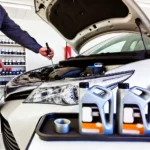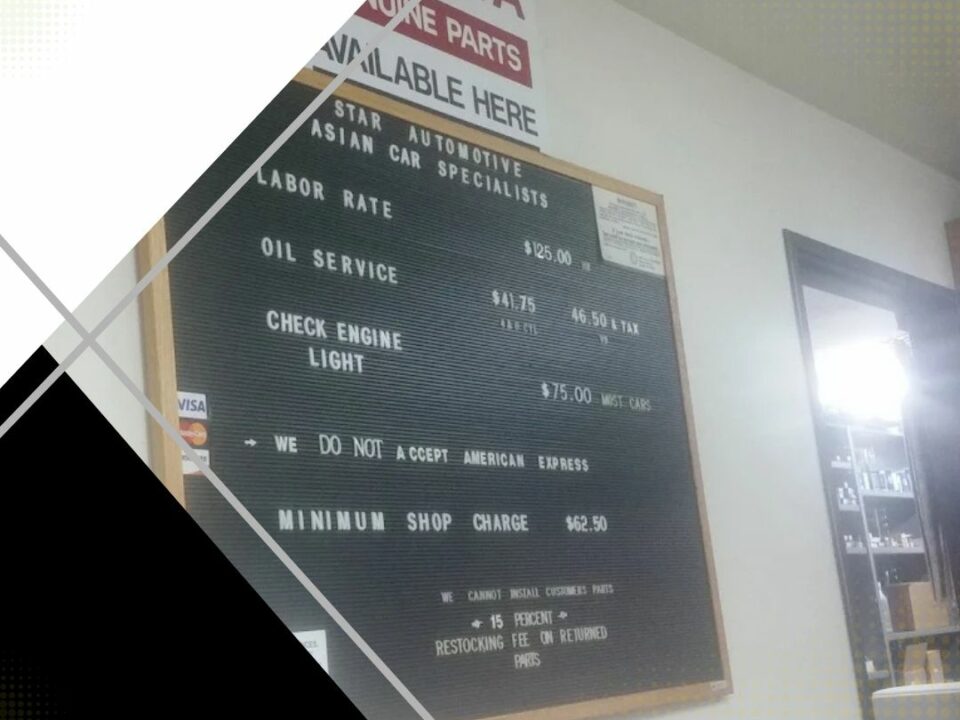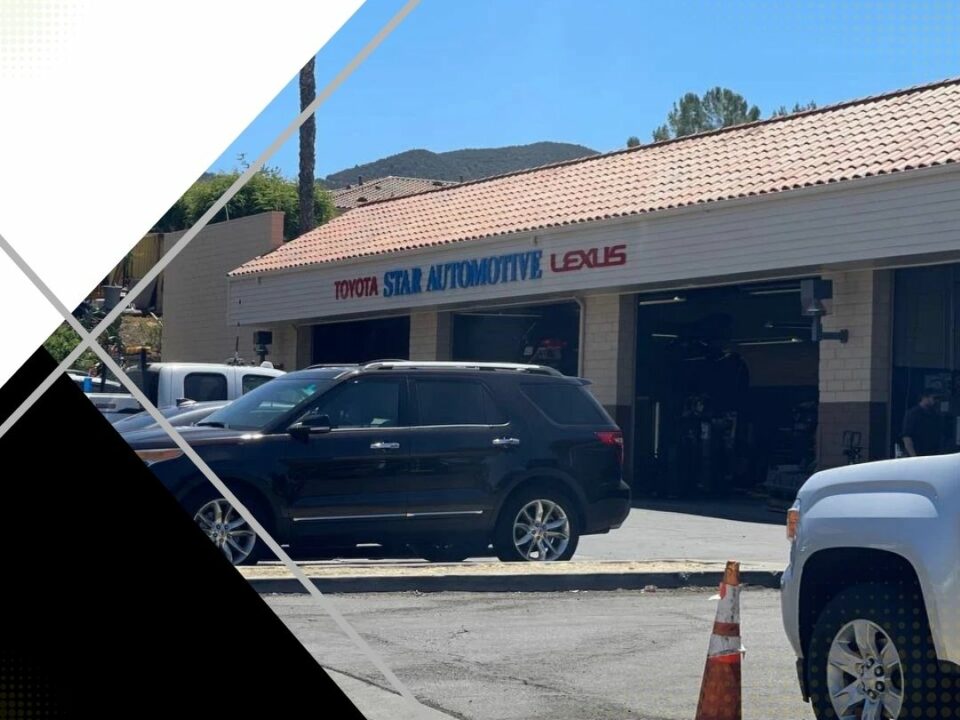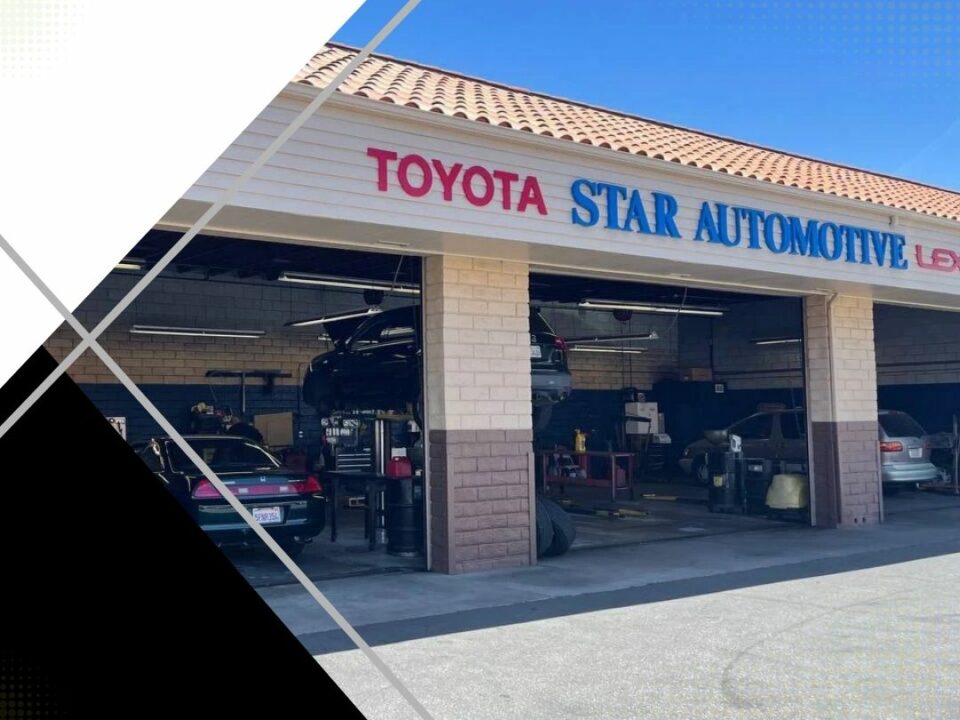
Comprehensive Guide to Engine Diagnostics: From Check Engine Light to Advanced Tools
July 3, 2024
Diagnosing Excessive Oil Consumption in Your Toyota: A Step-by-Step Guide
August 9, 2024Excessive oil consumption in Toyota vehicles is a pressing issue that can significantly impact engine performance and longevity. Among the primary causes are worn piston rings and valve seals, which allow oil to seep into combustion chambers, and a clogged PCV (Positive Crankcase Ventilation) system, which fails to regulate engine crankcase pressure effectively. Addressing these issues involves meticulous diagnostic processes and precise mechanical interventions, often requiring specialized Toyota repair services. For instance, replacing the PCV valve and upgrading to superior quality piston rings are practical steps toward mitigation. Understanding the technical nuances and preventative strategies is crucial for maintaining the efficiency and durability of Toyota engines, and the following discussion will unveil additional insights into these corrective measures.
Common Causes of Oil Overuse
Several factors contribute to excessive oil consumption in Toyota vehicles, including engine design flaws, worn-out components, and inadequate maintenance practices.
A notable engine design issue often pinpointed is the piston ring configuration in certain models, which can fail to maintain an optimal seal, thereby allowing oil to enter the combustion chamber. Over time, this defect not only worsens oil consumption but also impairs engine performance.
Wear and tear on engine components such as valve seals and cylinder liners also play a significant role. These parts are essential for maintaining the integrity of the engine’s oil containment. As they degrade, their effectiveness in preventing oil leakage diminishes, leading to increased consumption. This issue is particularly prevalent in older or high-mileage Toyota vehicles, where the natural aging process exacerbates the rate of component wear.
Lastly, irregular or improper maintenance routines contribute heavily to the problem. Skipping oil changes, using incorrect oil types, or neglecting to replace aging oil filters can all lead to scenarios where the oil is either used up too quickly or contaminated, further accelerating wear on engine components.
Regular, proper care is crucial in mitigating these issues, fostering a sense of community and shared responsibility among Toyota owners to maintain their vehicles diligently.
Effective Remedies and Repairs
Addressing the issue of excessive oil consumption in Toyota vehicles requires a multifaceted approach, focusing on both mechanical repairs and regular maintenance practices. As a Toyota owner, you are part of a global family that values durability and reliability.
Here are practical solutions to mitigate and repair excessive oil usage:
- Regularly Replace the PCV Valve: A malfunctioning Positive Crankcase Ventilation (PCV) valve can cause oil to leak into the combustion chamber. Replacing this valve as recommended can prevent oil from escaping and burning unnecessarily.
- Upgrade Piston Rings: Worn or inadequate piston rings are a frequent culprit in older Toyota models. Upgrading to higher quality piston rings can significantly reduce oil consumption, restore engine compression, and enhance overall engine performance.
- Monitor and Maintain Oil Levels: Implement a routine to check oil levels frequently. This doesn’t just prevent the consequences of low oil levels but also helps in early detection of abnormal consumption patterns. Use manufacturer-recommended oil types and change intervals to extend the lifespan of engine components.
Adopting these measures ensures your Toyota remains efficient and dependable. Each step not only addresses the symptoms but also contributes to the prevention of future issues, reinforcing the sense of belonging and pride in the Toyota community.
In conclusion, addressing the pervasive issue of excessive oil consumption in Toyota vehicles necessitates a multifaceted approach. By implementing regular replacements of the PCV valve, upgrading piston rings, adhering to recommended oil specifications, and conducting timely Toyota repair and maintenance, vehicle longevity and efficiency are significantly enhanced.
These proactive measures not only mitigate current consumption issues but also preempt future disruptions, ensuring sustainable vehicle performance in the long term.




